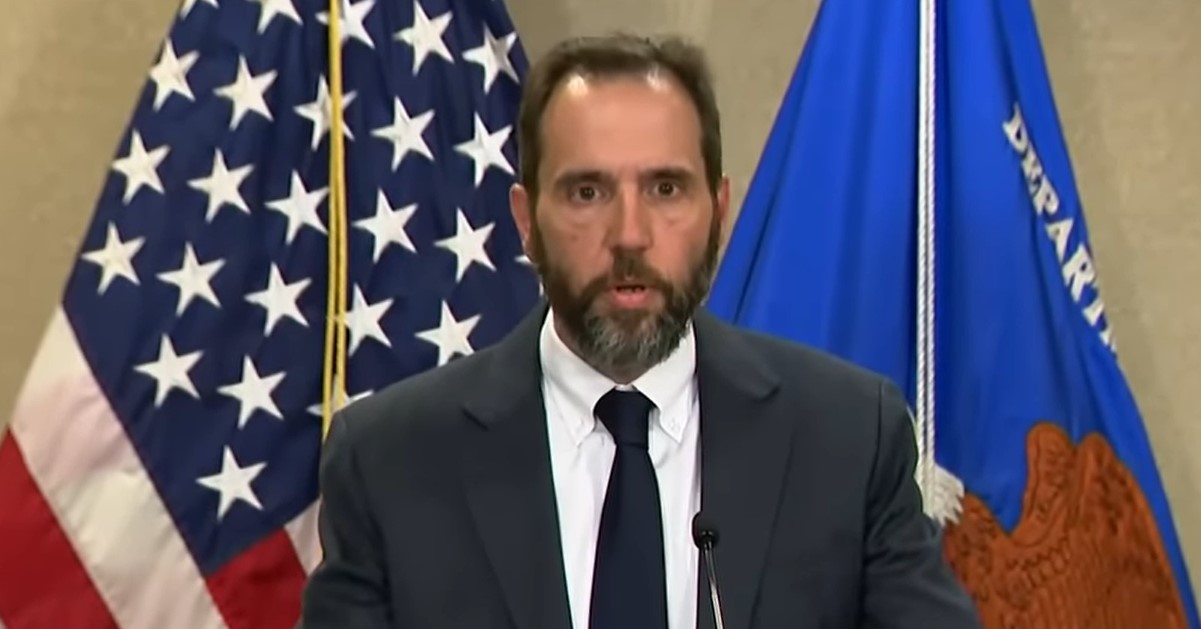Supreme Court rules in favor of 'anti-camping' laws
The justices of the U.S. Supreme Court just ruled in favor of what have come to be known as "anti-camping" laws.
Fox News reports that the justices issued a 6-3 decision on the matter on Friday.
The split was according to ideological lines, with the court's conservative members making up the six and the court's liberal members making up the three dissenting justices.
For those unfamiliar with anti-camping laws, they are essentially designed to stop homeless people from sleeping in public parks and streets.
Background
The case that the justices heard came from Oregon, where homelessness is a big problem.
To combat this problem, some cities - including Grants Pass - passed anti-camping laws in order to try to give government officials the power they need to address the homelessness problem.
These laws were subsequently challenged on the grounds that they violate the U.S. Constitution's Eight Amendment prohibition on "cruel and unusual" punishments.
The penalty for violating the anti-camping laws is a $295 fine. But, repeat offenders could be violated criminally for trespassing, which could result in a short prison sentence.
So, the question before the Supreme Court was whether this amounts to "cruel and unusual" punishment.
The majority says no
Critics of the laws, according to Fox, argued:
. . . laws like these criminalize people simply for being homeless and for actions they cannot avoid, such as sleeping in public. [The critics also] point to a 1962 Supreme Court ruling that the Eighth Amendment barred punishing individuals based on their status rather than their conduct.
The critics did get a victory at the lower court level, which found that the anti-camping laws are a violation of the "cruel and unusual" punishments clause. But, the Supreme Court, on Friday, overturned the lower court ruling.
Justice Neil Gorsuch, who authored the court's majority opinion, wrote:
Homelessness is complex. Its causes are many. So may be the public policy responses required to address it. At bottom, the question this case presents is whether the Eighth Amendment grants federal judges primary responsibility for assessing those causes and devising those responses. It does not.
As mentioned earlier, however, the court's liberal contingent disagreed.
Justice Sonia Sotomayor, in her dissenting opinion, wrote:
It is possible to acknowledge and balance the issues facing local governments, the humanity and dignity of homeless people, and our constitutional principles. Instead, the majority focuses almost exclusively on the needs of local governments and leaves the most vulnerable in our society with an impossible choice: Either stay awake or be arrested.






